Having grabbed his esports opportunity with both hands in 2014, Alex “Machine” Richardson hasn’t let it go since. The multifaceted broadcast talent is mainly known for his work in the biggest CS:GO events in the world, but he has been involved with many crown jewels of the esports space, from the League of Legends European Championship to Dota 2’s The International.
He shows no signs of stopping, looking to reinvent his approach for the brave new world ahead of us and a new generation of Counter-Strike, starting with the 17th season of the ESL Pro League and working toward the much-anticipated sequel of the game. So what’s next for Machine? The answer becomes easier to find once you realize how he took the road less traveled on his way to where he is today, eventually finding a home in CS.
Esports was very different a decade ago, but it already served as the proving ground for many of the personalities we know and love today. For Machine, the journey began with his own competitive outings, playing Call of Duty Promod, making a team, and going to LAN to meet strangers from the internet.
“And that translated into ‘Oh my God, there’s commentary here – and oh, I’m never going to play on this stage; maybe I could be on the stage commentating,” he reminisced with a smile. Volunteer work and then something more permanent followed with ESL, just around the time when fully maxed-out arenas came into the picture. It’s a relationship that has persisted ever since.
Unlike many others, who drilled deep down into a singular niche, Machine went on to explore a wide variety of games and roles over his time in esports. As ESL thrust him into various broadcasts from the console version of Call of Duty to Splinter Cell and mobile titles, he developed a flexible skillset by necessity—and it’s no surprise he sees his ability to admit when he doesn’t know something as one of his greatest strengths to this day.
Still, Counter-Strike is his home, his baby, a commentator’s dream with the perfect blend of predictability and chaos, an ebb and flow that’s so unlike the potential half-hour wait for that decisive teamfight in MOBAs. His role models also derived from people in the space rather than the traditional broadcasting media.
“I was always anti-sport because sport was anti-me,” he said, adding that it’s a different form of commentary, much more focused on play-by-play than what’s become the norm in esports.
The long-defunct Quad V, a pioneering agency that featured the biggest commentators of the time. Paul “Redeye” Chaloner of WCG fame, Stuart “Tosspot” Saw, one of the memorable voices from the first CS:GO Major, Leigh “Deman” Smith of League fame, and Joe Miller, now the head of talent at ESL, served as his lodestar in becoming a real, established broadcaster.
There was a lot to learn from everyone. There’s the innovative and almost entrepreneurial spirit of the League talent, moving ideas from storyboard to reality in just a week. Of the two distinctly different Petri dishes of Valve, the top-heavy nature of Dota was the one that brought the unique feeling of heartbreak at TI.
“I have quite the capacity for empathy; doing the loser interviews, I ended up at the end of the event like I’d lost The International 15 times. It was so hard trying not to cry on camera. I’m so grateful I got to see that first-hand, to be a part of that,” Machine said.
Esports commentary has changed a lot across the years as the games and the plays get more elaborate. This is especially true in Counter-Strike, with a myriad of possibilities that could all come crumbling down at a click of a Deagle. In some ways, it’s a collaborative puzzle-solving exercise for the casting community, with everyone having their own ideas. To Machine, it feels like a gift, something he wants to keep doing this year: pushing the boundaries and experimenting, to achieve the coveted flow state more often.
“The best commentators are the ones that have that finger of the pulse of what is possible and being able to flirt with the impossible or the round,” he said.
The show had to go on during the trying times of the pandemic, too, and it offered a uniquely intensive casting boot camp—and a chance to explore and expand his toolkit. What do you do when the crowds are gone but the stakes are high? His solution was to further incorporate whispers. Why shout at a massive play when you’re in an empty office, with no crowd behind you? New approaches and gambles followed. Those that landed, he brought back to the stadiums. The rest went into the discard pile.
The intensity of it all was great but perhaps also a source of brain rot, too. There’s a reason why he wants to return to the fundamentals in 2023. At this point, fellow commentators Vince Hill and Adam “Dinko” Hawthorn come to his mind, their straightforward approaches serving as a quick contrast with the weird and flamboyant side he’s explored over the last few years.
A different kind of intensity followed as LAN events returned and the CS:GO space saw some of its biggest events come to life. The 2022 IEM Rio Major offered an unprecedented $2 million prize pool and an environment unlike any other. The first Major in South America and the deep run of FURIA made it a barbaric atmosphere, in the best way. That said, Machine would have appreciated a bit of a balance.
“I’m all for being tribal and foaming at the mouth for your boys, but be respectful of your opponent,” he said. Later, he contrasted and compared the Brazilian crowd with the classics in Poland and Germany: “As a commentator, from my ivory tower, as someone who’s trying to deliver on top of their product—the game, the stage, the stream, the crowd, the plays—I can appreciate when all of the layers are on their best form.”
Related: FalleN urges IEM Rio CS:GO Major crowd to behave after alleged spitting incident
The richness of the storylines was also reflected in the Game and Glory documentary ESL produced concurrently with the IEM Rio Major. It was meant to serve as a spotlight on specific stories and characters, with a rapid four-week turnaround. Ultimately, despite the four or five roaming crews, there was no room to condense everything captured into the final product. Perhaps there’s more to come down the line; it remains to be seen.
In Machine’s mind, this is the biggest opportunity for change.
“There’s such a wealth of incredible human stories,” he says, even understanding that many of the youngest talent lack lived experience and are immediately tossed into the cauldron of competition.
Changes and experimentation are a big part of what’s going to go on with the Pro League’s new season. From a casting perspective, much is going to be a surprise—but the changes in pairings, timings, and pacing will help the creative juices flow. It’s all about getting out of your comfort zone, beyond the subconscious expectations established over the years of casting with his current partner in crime, Chad “SPUNJ” Burchill.
“Suddenly, being thrown in with [fellow caster Jason “moses” O’Toole], who’s one of the color commentators I idolize the most, and it just doesn’t necessarily-immediately-naturally gel. Established duos allow you to work out your game plan for tackling the puzzle that is a best-of-three, but I like the idea of mixing it up,” Machine said.
Feedback to the new-look Pro League has been near-unanimously positive, with fans thinking back to the cs_summit events of old. A more laid-back vibe, less buttoned-up casting, more personalities and personality to enjoy. Machine felt right at home in this environment as well, adding his trademark flair to the proceedings.
Not that the praise will get to his head. Some of the best advice he’s got early in his career is to ignore the hyper-positive and hyper-negative feedback alike. Perhaps surprisingly for someone whose career is all about talking, he can’t stand the sound of his own voice—and therefore he rarely goes back to review his work. The grand final of the Antwerp CS:GO Major was, of course, an exception to this.
“Sounded good, sounded good. Kind of. Hey, I kind of hated it, but it sounded okay,” he said.
Machine still feels like he’s living the dream, even after all these years—but not everything’s been rosy about the esports lifestyle. The freelance mindset of “How can I say no to this email asking me to do this?” led him to the verge of burnout after the pandemic; the dream job started to feel like a job. Introspection, mindfulness, and reading offered a way back from the brink, with meaningful personal and professional goals. He’s now part of a calmer ecosystem, on the easier side of the big breakthroughs, having earned his salt early.
Looking ahead to the next 10 years of esports, his optimism is unbroken—especially about his baby. With CS2 right around the corner, we’re all on the cusp of a brave new world.
“It’s going to be a very interesting ride. I will tell you one thing, though: I think Counter-Strike is definitely still going to be at the top of the mountain,” he said.



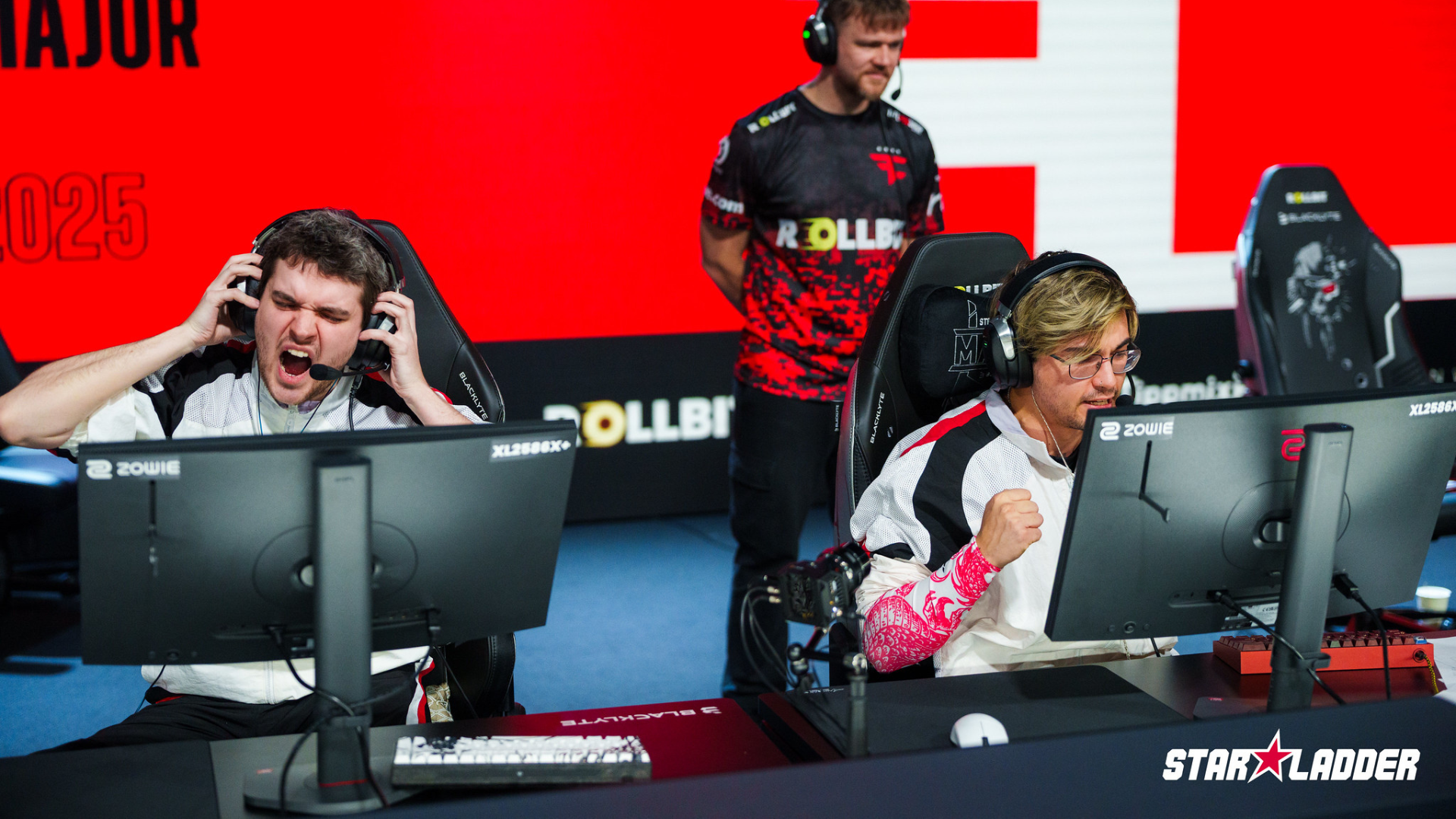
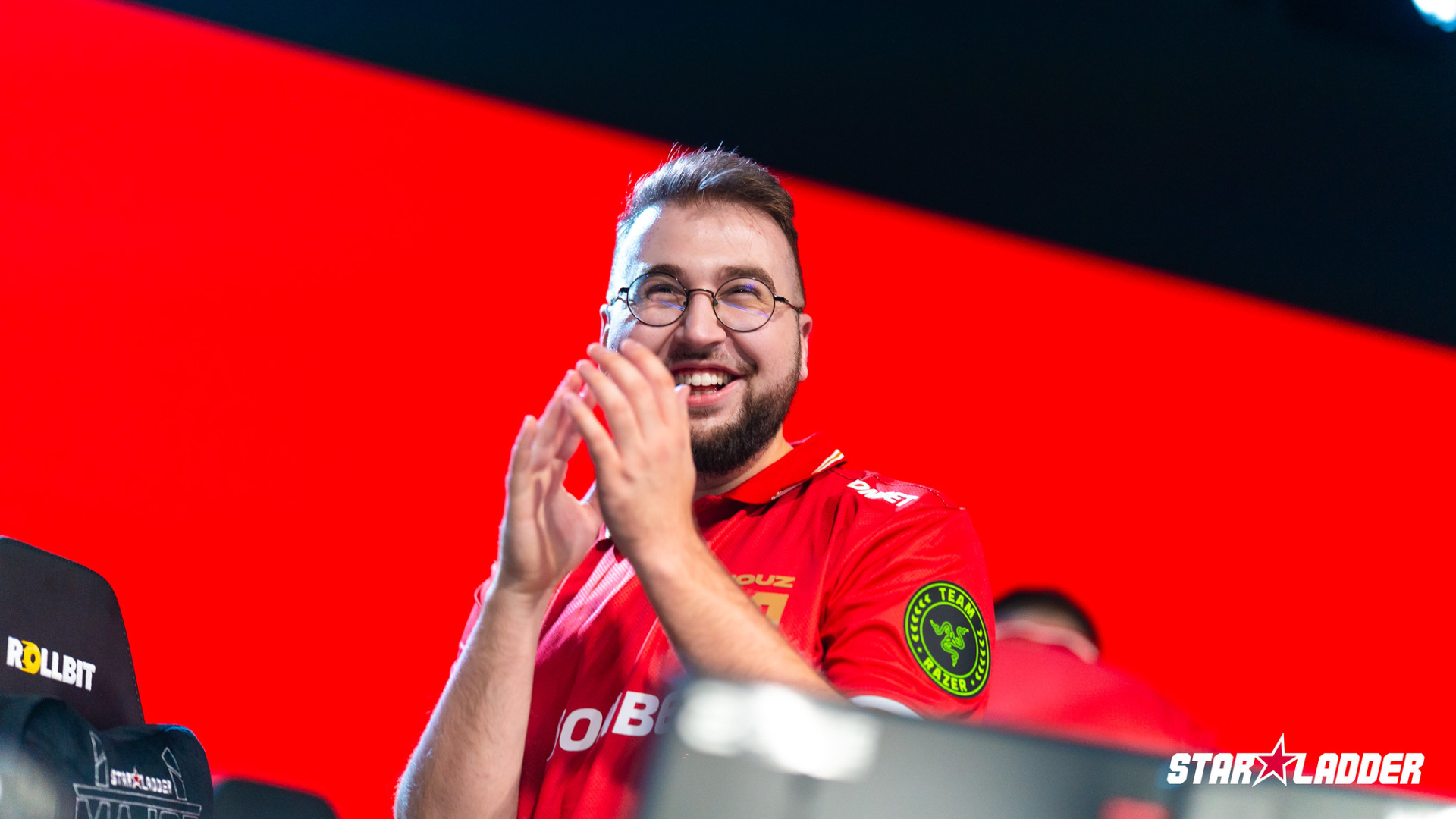
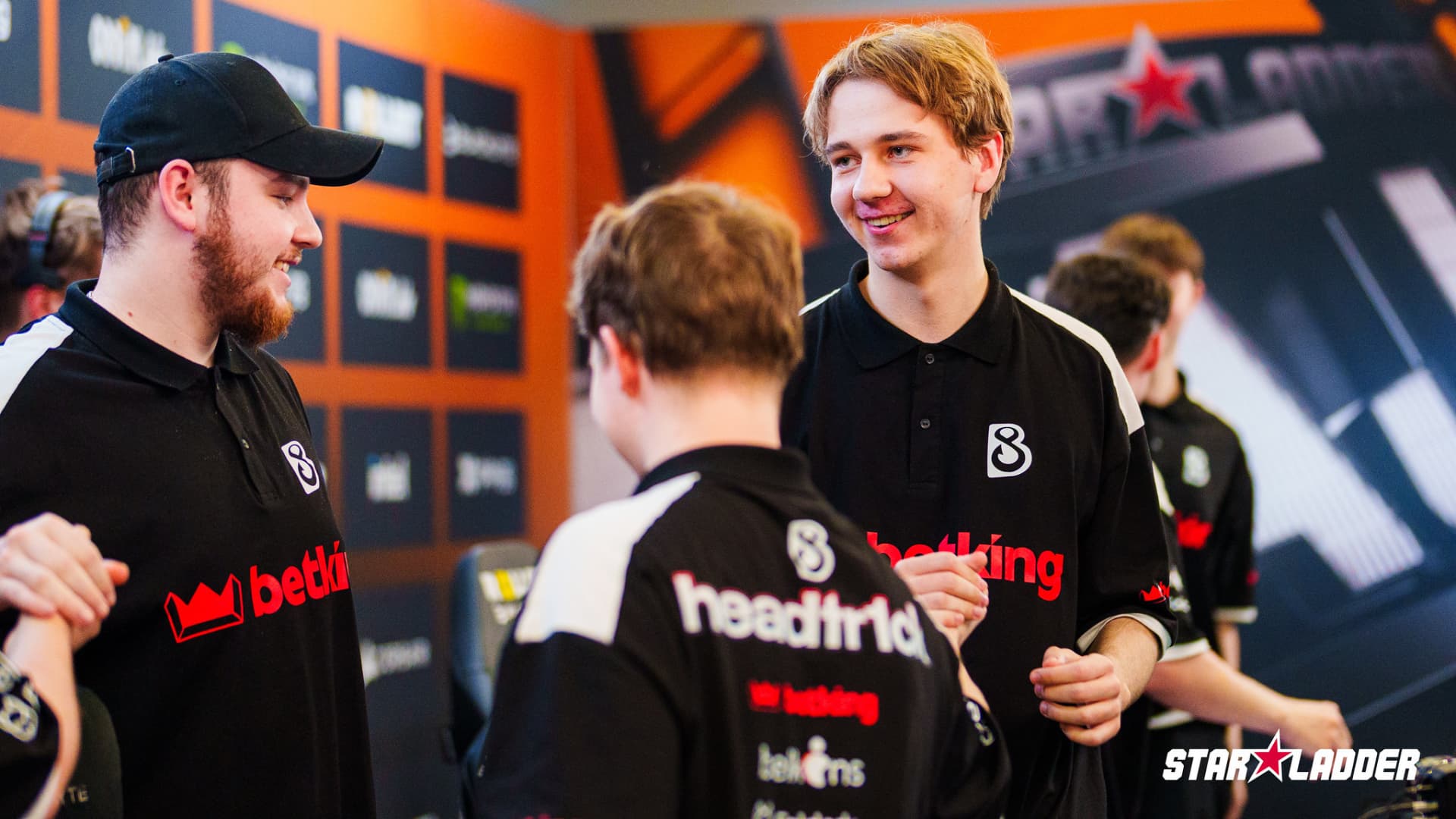
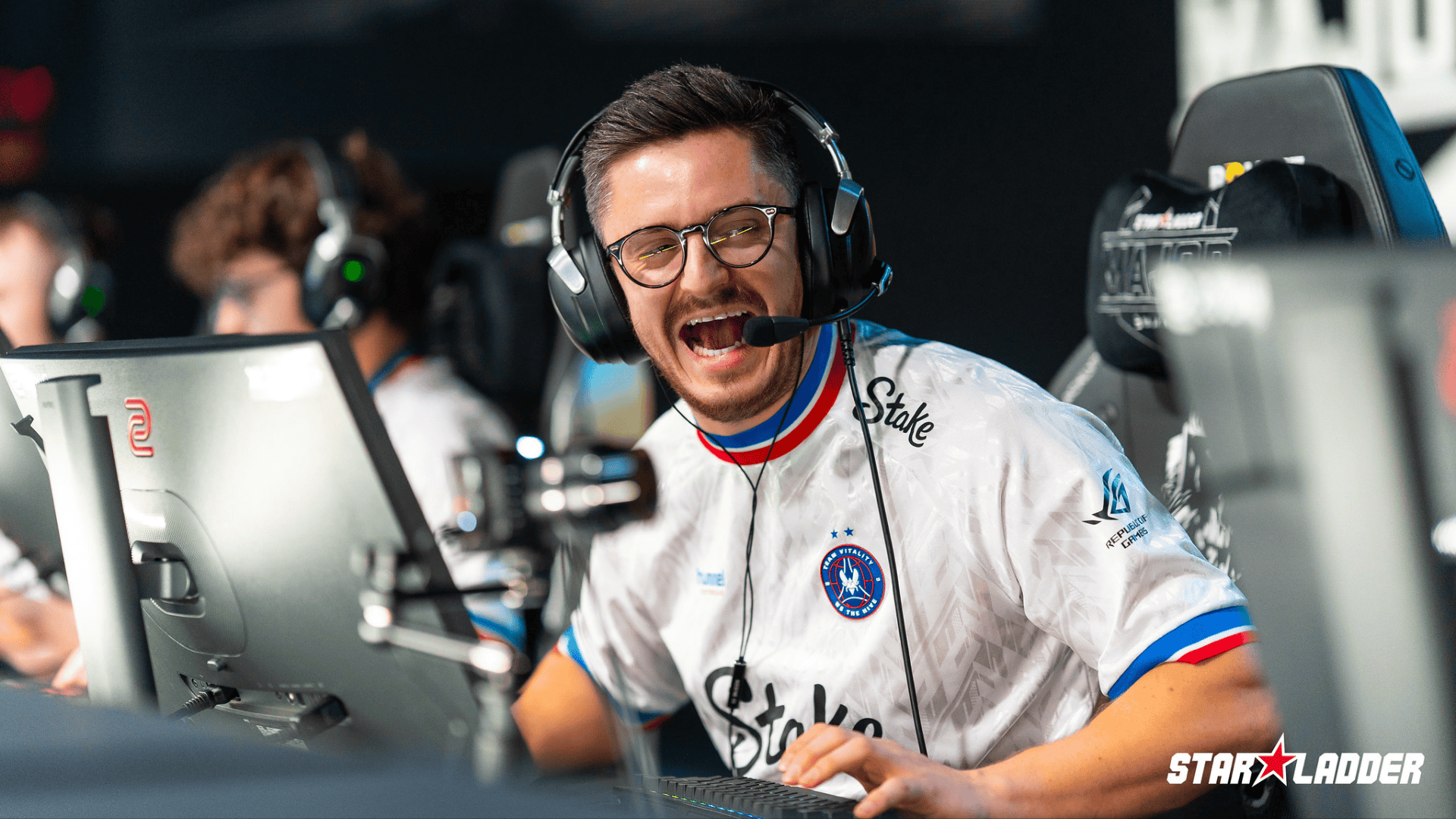
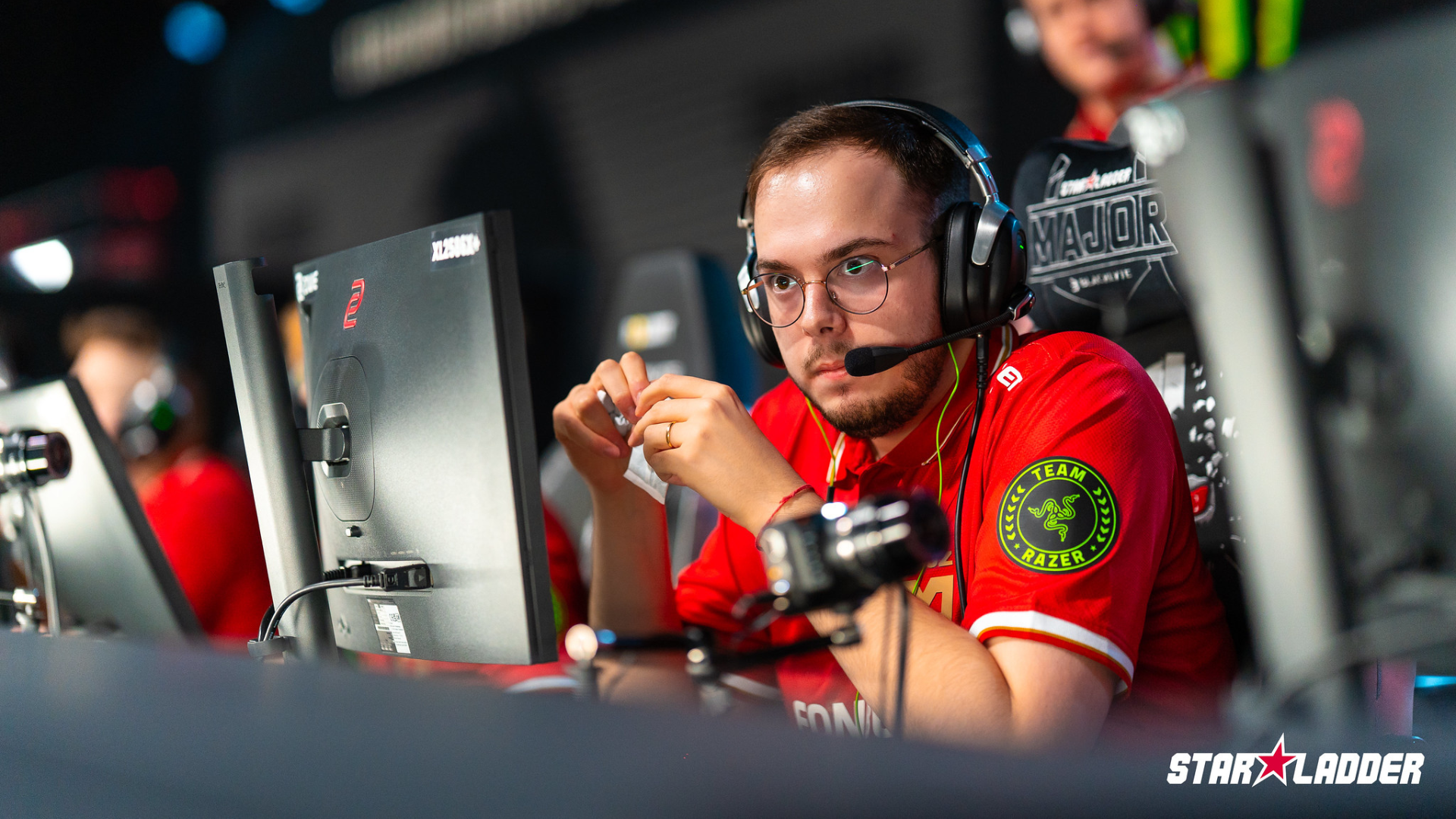
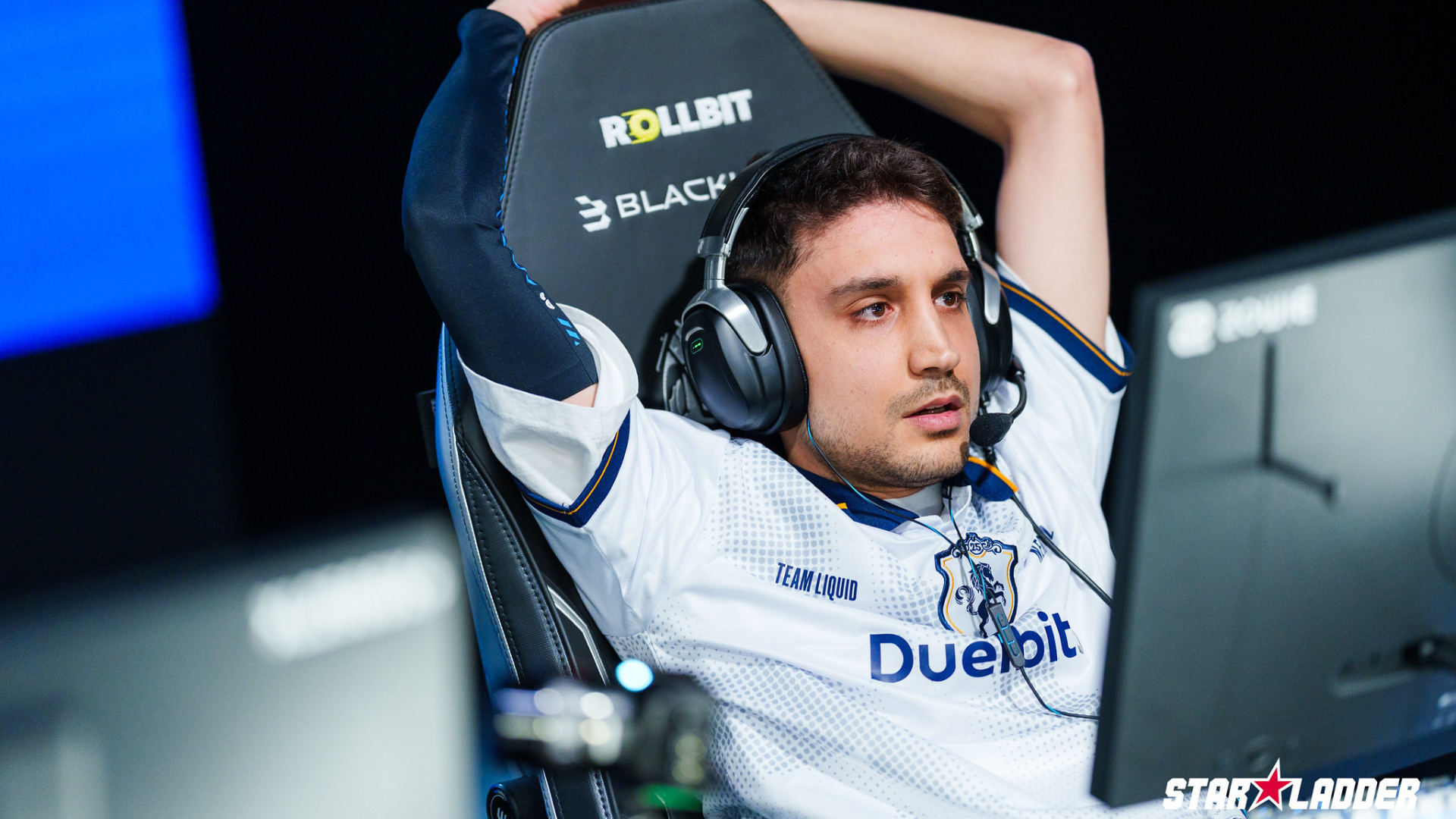
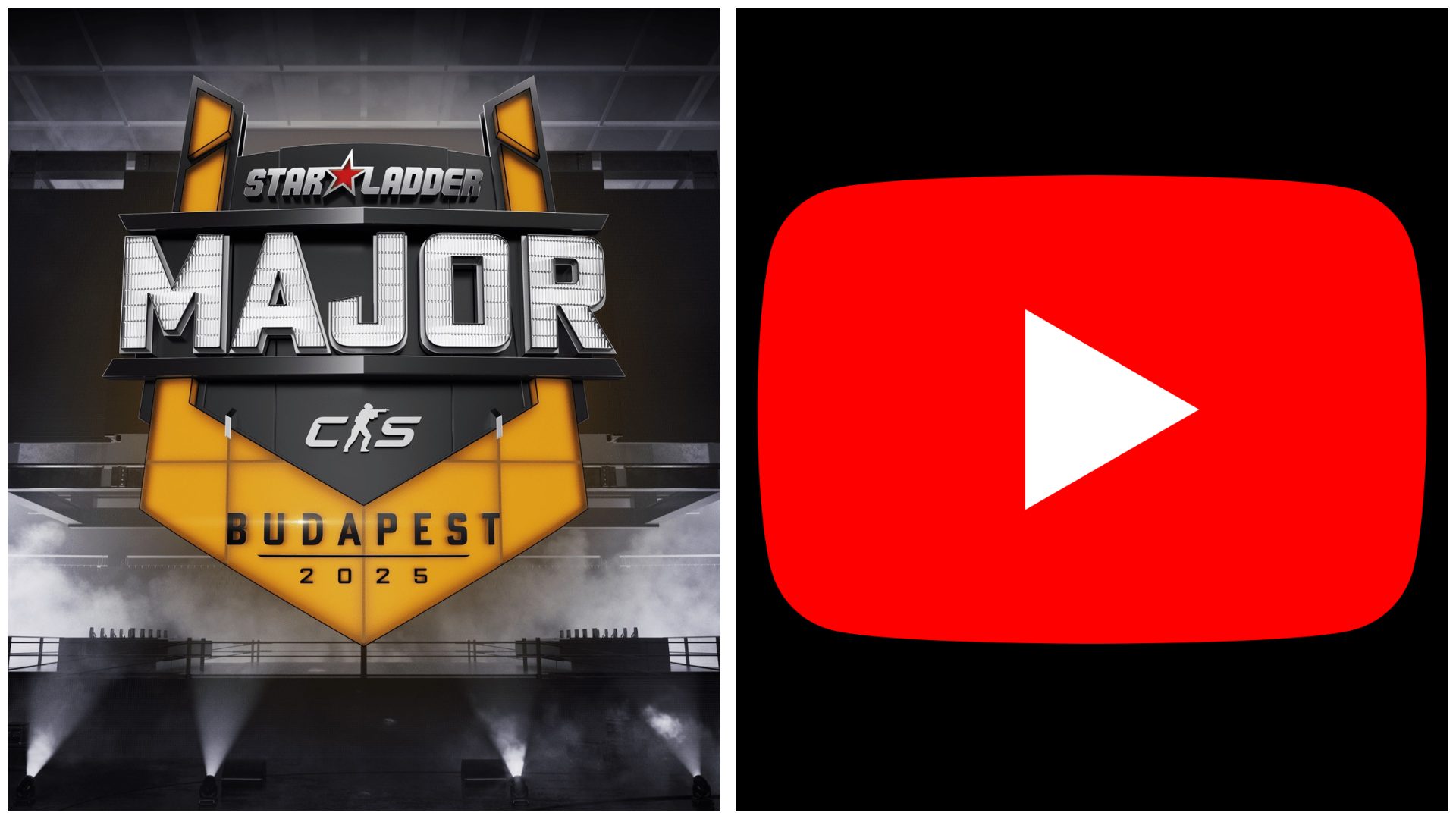
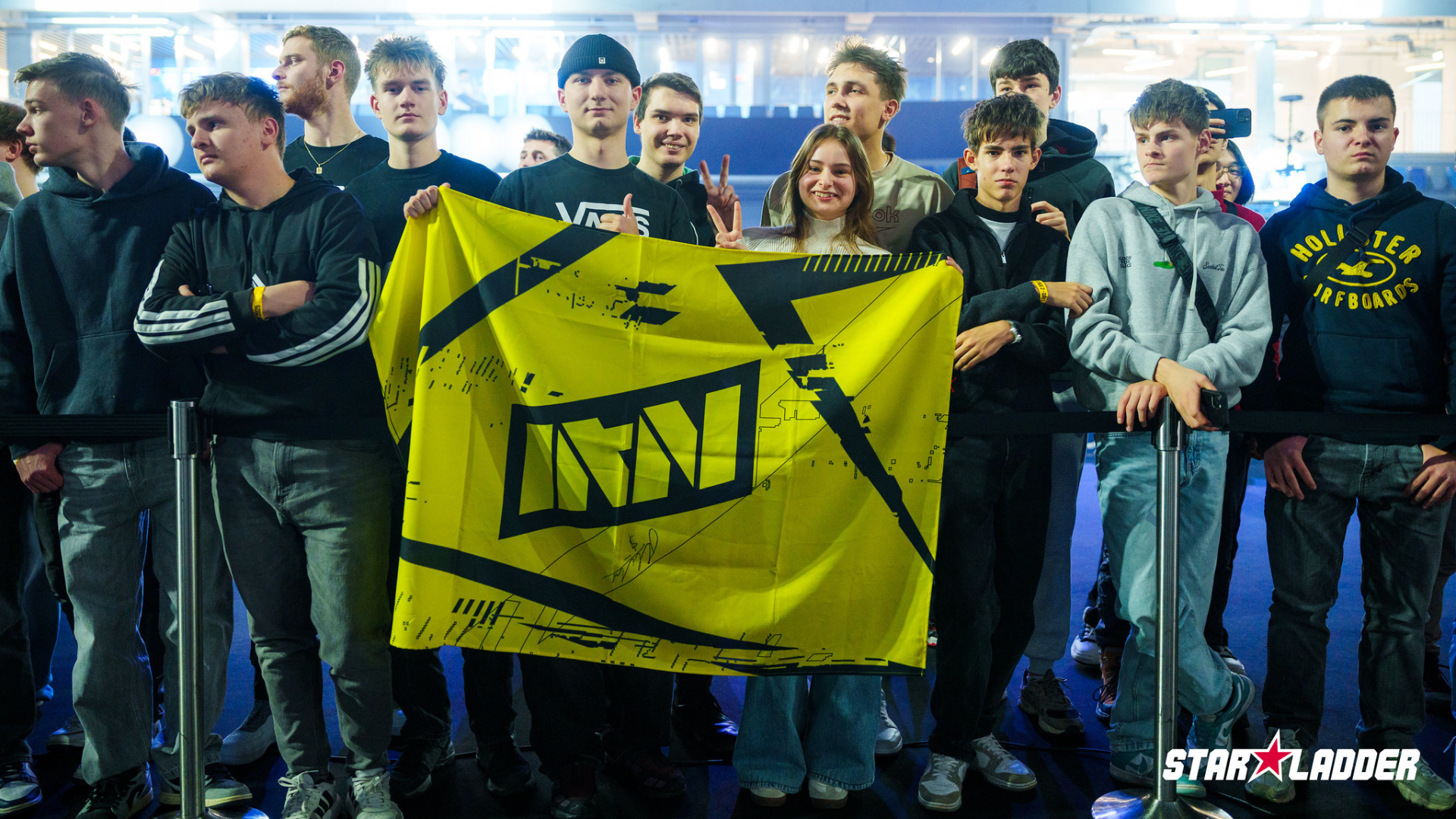
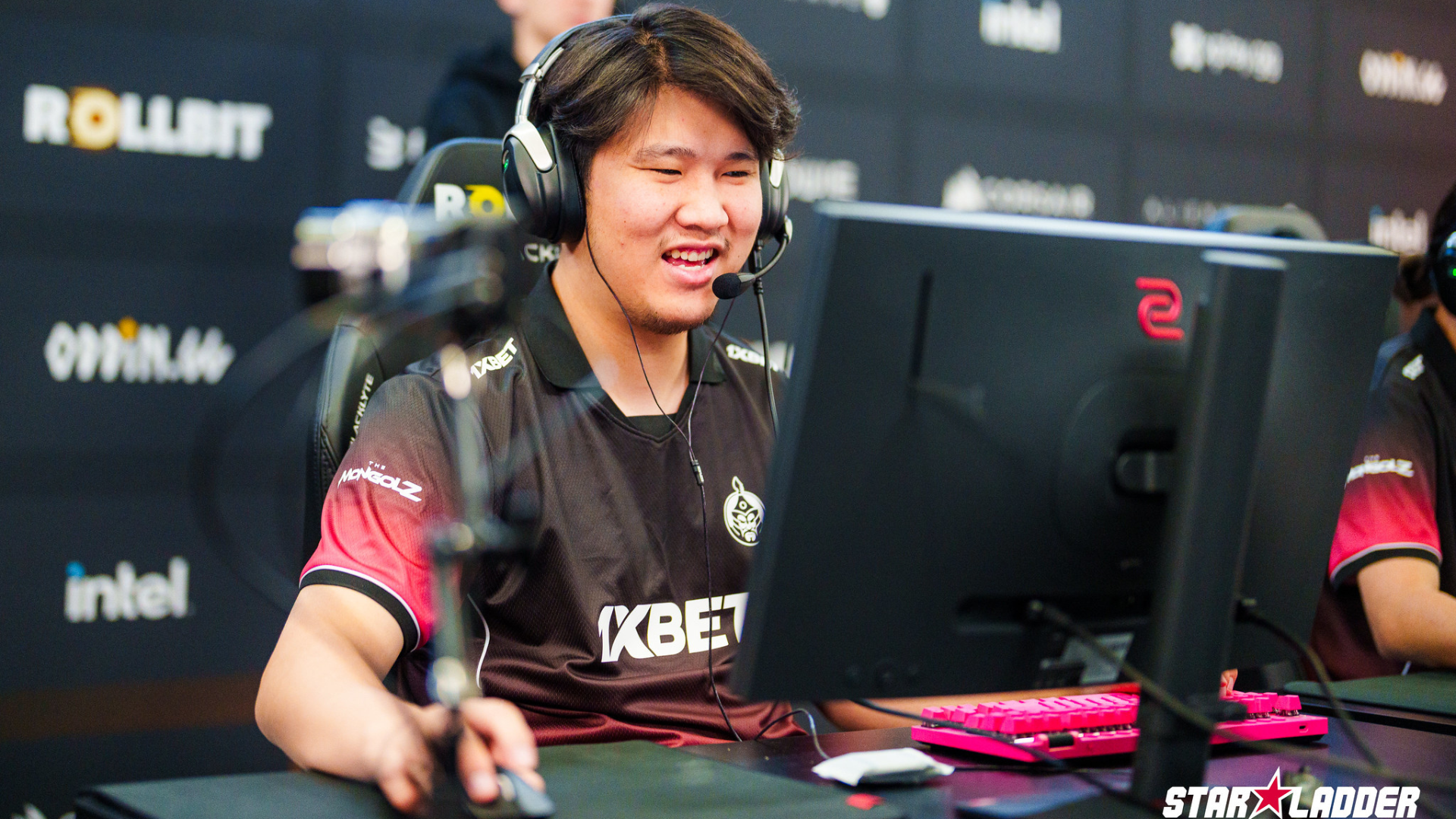

Published: Apr 26, 2023 11:29 am